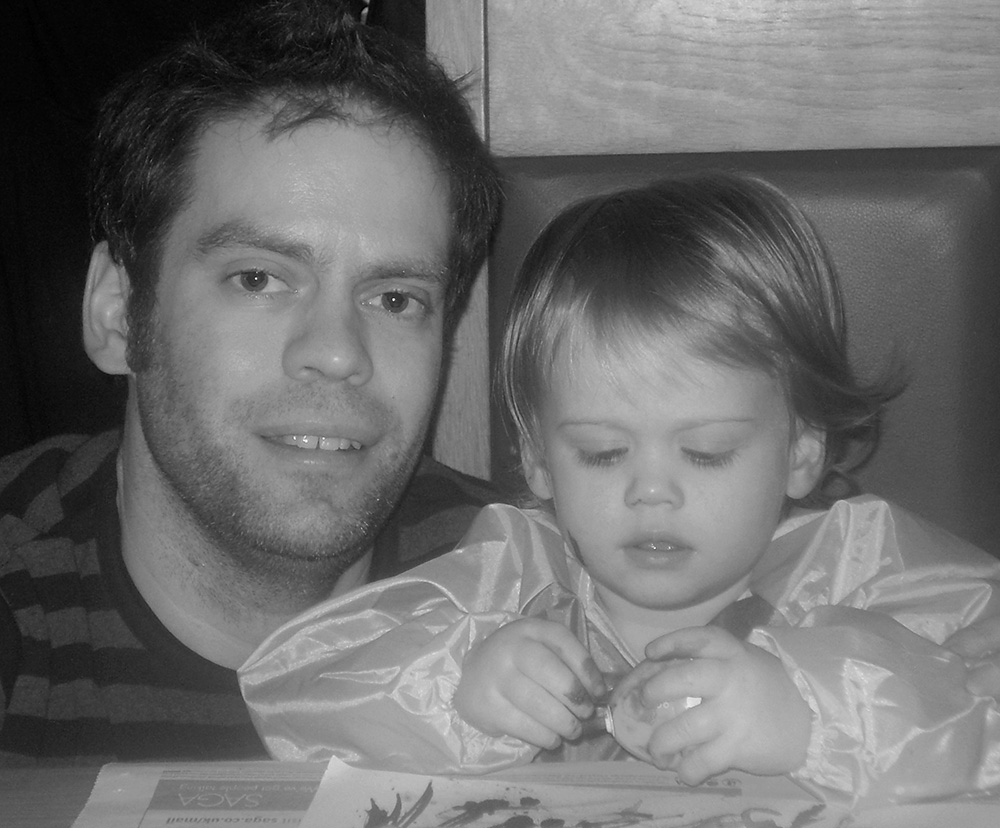
This guest post from family finance expert and MoneyPlus blogger Julie Hutchison looks at where you might wish to invest for your children’s future…and why their age should be taken into consideration.
John has written before on his blog about how his oldest child qualifies for a Child Trust Fund, whereas his youngest has a Junior ISA.
This mixed picture for children’s savings can now be simplified, thanks to rules which came in on 6 April. It’s now possible to transfer an old Child Trust Fund to a Junior ISA, which should open up more choice if you’re a parent dealing with one of the six million Child Trust Funds which exist.
But you might still be left wondering – which type of Junior ISA suits best? Is it cash or stocks and shares? And how much could be useful to set aside each month? The annual savings limit for each Junior ISA is £4,080, which breaks down to £340 a month, although that’s a limit not many of us will go near!
The answers to those questions will be personal to each family, but there is a ‘rule of thumb’ which could give you some guidance.
The key decision is whether to save in cash or invest in stocks and shares.
A key driver here is the age of the child when you first start to save.
If you have a baby or toddler, you have over a decade before their 18th birthday. That means you have longer to cope with the ups and downs of the stock market, and investing generally gives better potential for growth over that longer time frame.
If you have a teenager and are just starting to set aside savings now, cash might suit if you know the plan is to spend those savings to support college or university costs from age 18. In this scenario, you don’t have the same timeframe to benefit from the potential for higher growth with investments.
But if the idea of ‘too much too soon’ is a worry for you, with money being blown at age 18 in a way you can’t control, there are other options I’ve covered on my blog.
If you’ve any questions about children’s savings, do post below.
Law and tax rules can change. A Junior ISA or Child Trust Fund holding stocks and shares is an investment. Its value can go up and down and it may be worth less than you paid in. This blog reflects our understanding of the rules in June 2015 and isn’t financial advice.
Pic credit; MilliDesigns. Sources from Pixabay.com. Repreoduced under Creative Commons agreement.
Disclosure; This post was written in coolaboration with Standard Life and I have been compensated for hosting it. To see my disclosure policy please follow this link.








5 thoughts on “Where to save for your child”
Great post John. Saving for their futures is so so important isn’t it.
It is important Debs. Like most families, our attempts can be a bit hit and miss. We do our best but need to do more!
We’re looking into options to start savings for our toddler. Looking at the stockmarket figures since 1985, it seems to have risen consistently up to 1999 whereafter it’s suffered cycles of substantial losses and recovery. At this early stage, it’s probably worth us having punt with some funds in stocks and shares but I’d have reservations about ploughing too much into that. Do you have any figures about whether a typical stocks ISA would have made or lost money over the past 5 or 10 years, say?
Dan – I shall ask Julie to get back to you. You may, however, wish to broaden your search and consider unit trusts.
Hi there – as there’s no “typical” stocks and shares ISA, one option could be to decide what level of risk you want to take (low, medium, higher etc) – there are then funds which help you to match your appetite for risk to a recommended basket of pre-picked investments, which might suit you if you don’t want to research individual shares. Individual shares might tend to be riskier as you might not have such a diverse selection of investments inside your ISA. The stock market does go up and down, and it’s more about whether you have the ability to ‘ride out’ the ups and downs, taking a longer term view. We’re also obliged to say past performance doesn’t indicate how things will perform in the future, although I know it’s always useful to see charts and how things have done in the past. There’s lots of info online, so do have a browse and post again if you have any questions. kind regards, Julie